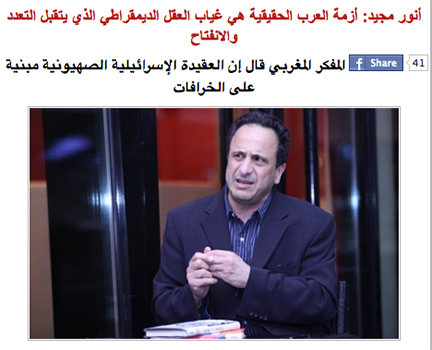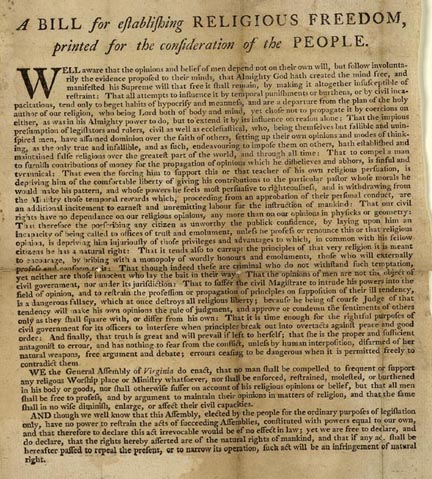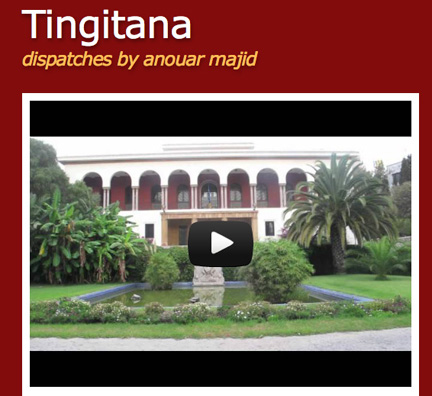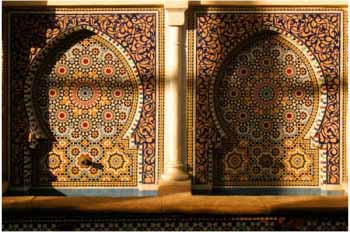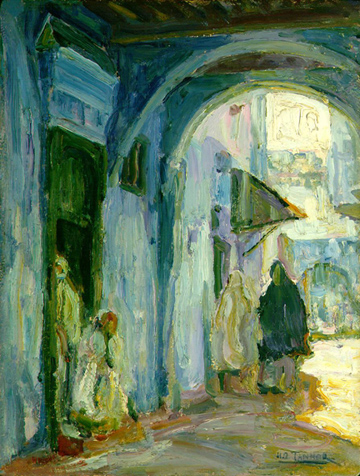
Arabic Paper #0972, University of Utah- J. Willard Marriott Library
by Anouar Majid, Tingis Redux, January 31st, 2013
After reading Jonathan Bloom’s splendid book Paper Before Print: The History and Impact of Paper in the Islamic World, published more than decade ago, I now think that there is a close relationship between Islam as we know it and the discovery of paper by Arabs in the 8th century. I also understand why natives of Tangier in Morocco call paper “kaghit.†Since it was the Chinese who invented paper some 2000 years ago, the Muslims who conquered Central Asia in the 8th century used that term, which was borrowed from the Persian kaghaz, itself originating from the Chinese guzhi.
The Muslims adopted paper with gusto and the technology of papermaking soon spread in Iraq, Syria, Egypt, North Africa and Spain. Europeans learned papermaking from the Moors who established the first paper mills in Spain. Paper eventually facilitated the printing process that was started by Johann Gutenberg in 15th-century Germany.
According to Muslim sources, the first Muslim paper mill was established in 8th century Baghdad either by the Abbasid caliph al-Mansur or by Harun al-Rashid. Regardless of who claims the honor, the use of paper soon led to the establishment of a Stationers’ Market (Souk al-Warraqeen). By the 12th century, according to one account, the Moroccan city of Fez had some 472 paper mills. No wonder papermaking has been associated with Arabs and Arabic. When one talks about “reams†of paper, one is using an Arabic term—rizma, which means bundle—via the Spanish resma and Old French rayme.
The discovery of paper by Arabs led to a major revolution in human civilization. Until then, most documents outside Asia were written on parchments (dried animal skins) or papyrus rolls—both laborious and expensive processes. Paper was easier to use. The Abbasids lost no time in making use of it to enhance their standing among world civilizations. They established a House of Wisdom (bayt al-hikma), commissioned the translations of foreign works in Greek, Hindu and Persian, wrote down the Hadith and codified Islamic law from what had been a mostly oral tradition. Libraries grew and played a major role in the dissemination of knowledge. The Shiite dynasty of the Fatimids in Egypt had an annual budget for library collections and activities. Continue reading Islam: The Chinese Connection →

